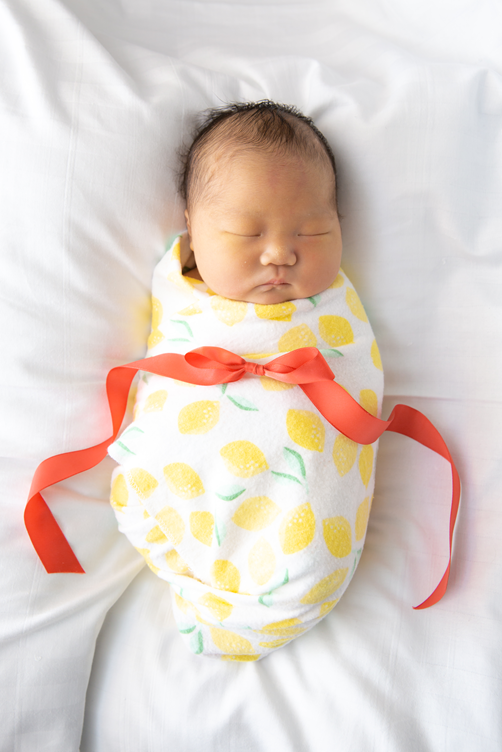
New findings on #CovidVaccination and #Fertility!
Using the @BUPRESTOStudy, we show no association between #CovidVaccination in either partner and fertility among couples #TryingToConceive
A 🧵 on our new study in @AmJEpi #EpiTwitter (1/12)
doi.org/10.1093/aje/kw…
Using the @BUPRESTOStudy, we show no association between #CovidVaccination in either partner and fertility among couples #TryingToConceive
A 🧵 on our new study in @AmJEpi #EpiTwitter (1/12)
doi.org/10.1093/aje/kw…

We enrolled couples who were #TryingToConceive without fertility treatment. Female and male partners completed questionnaires on lifestyle, health, and #covid19 infection and vaccination. We followed couples for up to 12 months to determine whether and when they conceived (2/12) 

Then, we measured whether #TimeToPregnancy differed by vaccination status or infection history. We accounted for many factors (like occupation, income, etc.) that may be related to fertility and vaccination or infection (3/12)
For the #EpiTwitter crowd, we implemented propensity score fine stratification weighting by vaccination status to improve the validity of our results – unweighted and weighted models yielded similar results (4/12)
We found that #CovidVaccination in either partner was unrelated to fertility, regardless of time since vaccination or vaccine brand (5/12) 

On the other hand, men who recently had #COVID19 infection had a short-term decline in fertility for ~2 months (6/12) 

Given what we know about the adverse effects of getting #COVID19 during #pregnancy on maternal and perinatal health, #CovidVaccination during the #preconception period is important (7/12) 

But what about concerns that #CovidVaccination influences #MenstrualCycles?
@NICHD_NIH funded 5 studies to look at this (including ours!). New paper from @greenjrnl shows some small, short-term changes in cycle length after vax... (8/12)
@NICHD_NIH funded 5 studies to look at this (including ours!). New paper from @greenjrnl shows some small, short-term changes in cycle length after vax... (8/12)
But our results here indicate that even if these changes are happening, there are no subsequent effects on fertility. (9/12)
This paper adds to the growing literature showing that #CovidVaccination does not cause #infertility (10/12)
This project took a village. Big thanks to authors @AKWesselink @ken_rothman @marydotwillis @HollyMCrowe @JenniferYland @RuthJGeller @SydneyWillis9 @AnnetteKRegan @LaurenAnneWise @dceaarhus @BUSPH, funders @NICHD_NIH, and @BUPRESTOStudy participants (11/12)
PRESTO is ongoing, and we are currently enrolling participants from all over the U.S. and Canada. If you want to learn more about @BUPRESTOStudy, check out our website:
presto.bu.edu (12/12)
presto.bu.edu (12/12)
• • •
Missing some Tweet in this thread? You can try to
force a refresh



